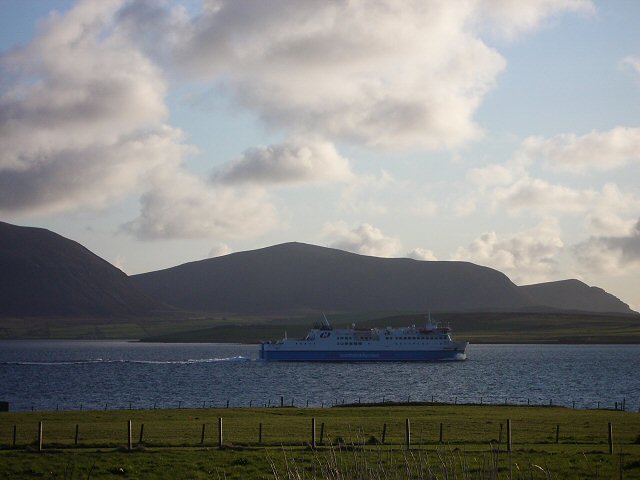Forgotten "Ghost Fleets": Ship Graveyards Around the World
These ghost fleets aren’t tourist traps or tidy museums—they’re open wounds in maritime history, where salt, steel, and memory collide. Some rest half-submerged in forgotten bays; others loom on deserted coastlines like monuments to a vanished age. Each wreck tells a story of conflict, ambition, decay—and the inevitability of being left behind. We've expanded our list, uncovering new, haunting corners of the map where time has dropped anchor. From Arctic ice fields to equatorial lagoons, these sites offer more than eerie beauty—they’re reminders of how even the mightiest vessels eventually surrender to nature. Dive in, before the ocean swallows what’s left.
1. The Tragic Tale of Scapa Flow

Scapa Flow, located in the Orkney Islands of Scotland, is perhaps one of the most famous ship graveyards in the world. It was here, during the aftermath of World War I, that the German High Seas Fleet met its watery grave. In 1919, following Germany's defeat, the fleet was interned at Scapa Flow under the terms of the armistice. However, in a dramatic act of defiance, Admiral Ludwig von Reuter ordered the scuttling of the fleet to prevent it from falling into Allied hands. Over fifty ships sank to the bottom, creating an underwater museum of early 20th-century naval warfare. The scuttling of the German fleet was not only a strategic maneuver but also a symbolic end to the era of dreadnoughts and battleships. Today, Scapa Flow is a haven for divers, offering a unique opportunity to explore these historical relics. The cold, clear waters have preserved the ships remarkably well, allowing for a detailed examination of their construction and the scars of war they bear.








